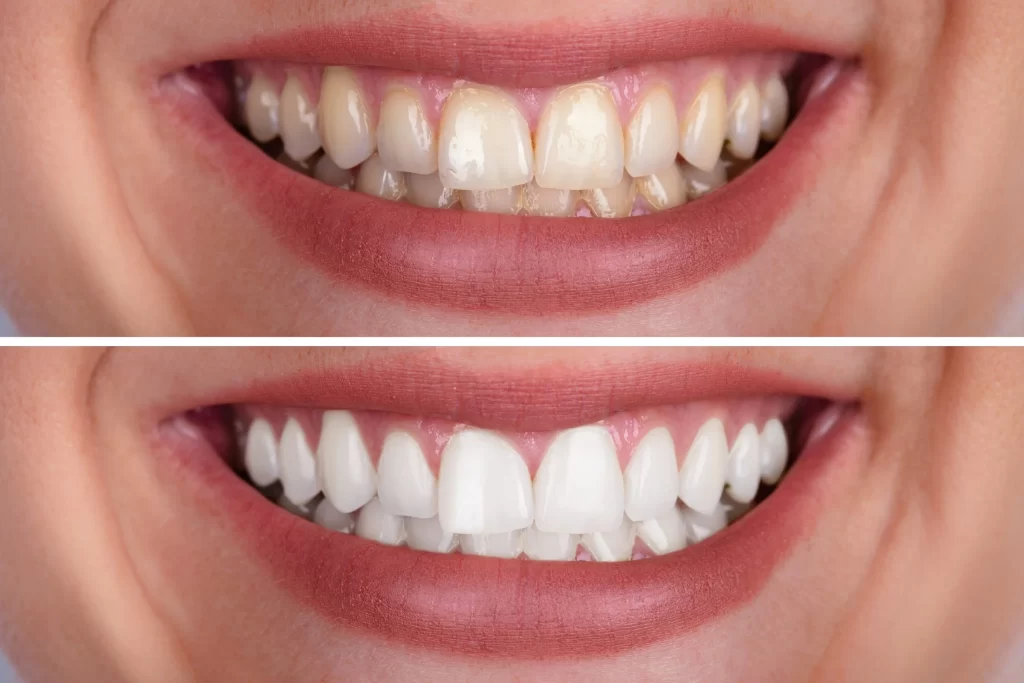Overcoming trauma can be an incredibly challenging journey, especially for teenagers who are still developing emotionally, mentally, and socially. For many teens, the effects of trauma can manifest in various ways, including anxiety, depression, anger, trust issues, and difficulty forming healthy relationships. One of the most effective ways to help these teens heal is through residential treatment programs designed to provide structured support and therapeutic care. These programs create a safe, healing environment where teens can work through their trauma with professional guidance, offering them the opportunity to rebuild their lives and develop healthier coping mechanisms. Teen residential treatment programs typically combine therapy, counseling, and education to address the specific needs of each individual. These programs often focus on various types of trauma, such as physical, emotional, or sexual abuse, neglect, grief, or exposure to violence. Within the program, teens receive individualized care from licensed therapists, counselors, and psychologists who specialize in trauma recovery. This tailored approach ensures that each teen receives the attention and resources they need to process their emotions and gain a deeper understanding of their trauma.

One of the primary ways teen residential treatment programs help is by providing a stable and supportive environment. For many teens struggling with trauma, home life may be unstable or unsafe, which can exacerbate feelings of fear, distrust, and isolation. Residential programs remove these external stressors, offering a place where teens can feel safe and supported. This stability is critical for their recovery, as it allows them to focus on healing without the constant distractions or triggers that might be present in their home environments. In addition to providing stability, these programs use a combination of therapeutic techniques, such as cognitive-behavioral therapy CBT, trauma-focused therapy, and group therapy, to help teens process their emotions and develop new coping strategies. CBT, for example, helps teens reframe negative thought patterns and replace them with healthier, more constructive ways of thinking. Trauma-focused therapy is specifically designed to help teens process and make sense of their traumatic experiences in a way that fosters healing rather than further harm. Group therapy, on the other hand, allows teens to connect with others who have experienced similar struggles, fostering a sense of community and support that can significantly reduce feelings of isolation.
Moreover, residential treatment for teens in Chandler programs often include educational components that allow teens to continue their academic studies while in treatment. This not only helps them maintain a sense of normalcy but also builds self-esteem and motivation, as they can see tangible progress in their education despite their emotional struggles. Incorporating academic achievement into the treatment process gives teens the opportunity to feel a sense of accomplishment and control over their future. Lastly, the family plays a crucial role in the healing process, and many residential treatment programs include family therapy as part of their curriculum. This helps parents and caregivers understand the effects of trauma and learn how to support their teens in their recovery journey. Family therapy promotes healing within the home environment, allowing teens to return to a more supportive and understanding family dynamic. They offer a structured, safe environment, professional therapeutic support, and educational opportunities that work together to help teens process their experiences and build a healthier future. With the right care and resources, teens can not only overcome their trauma but emerge stronger and more resilient, ready to embrace the future with confidence.





